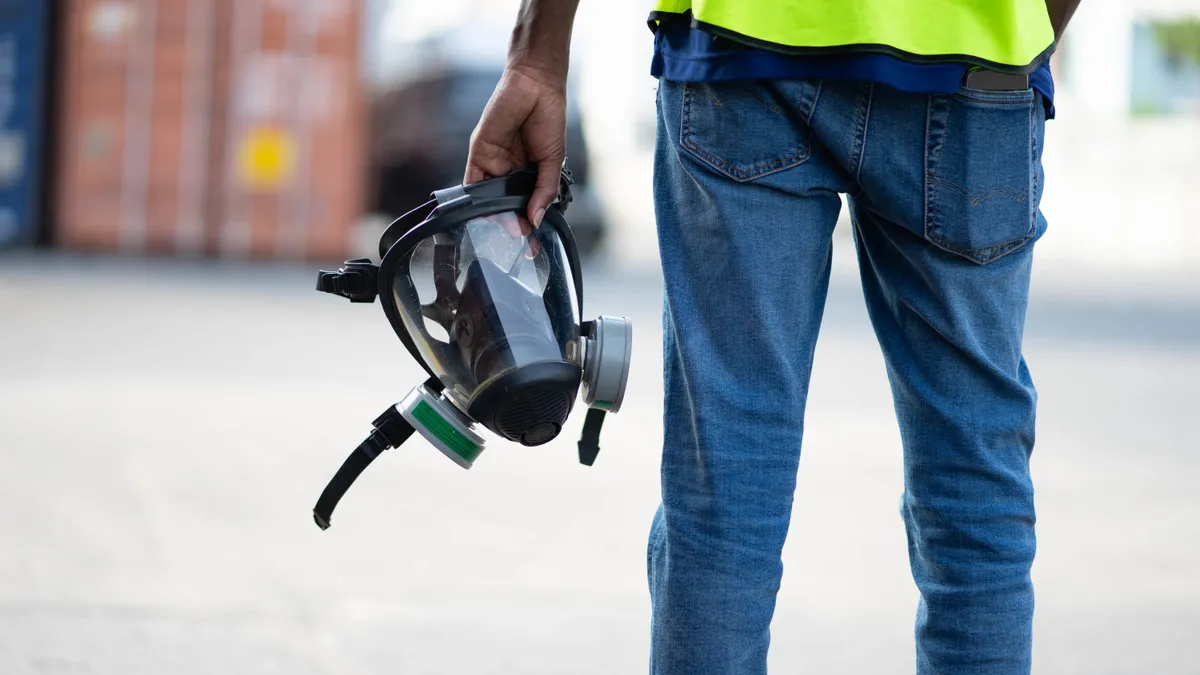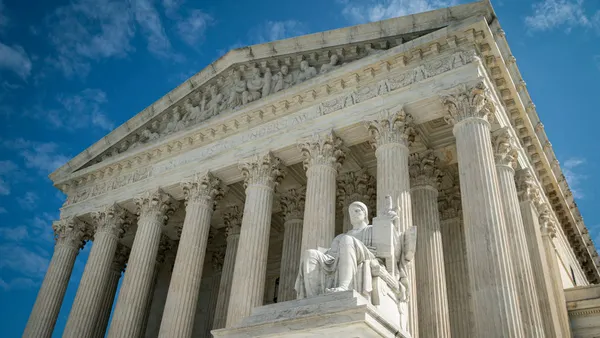Dive Brief:
- Emergency transport companies Global Medical Response, Inc. and American Medical Response, Inc. discriminated against employees with disabilities and religious needs when it forced them to shave to keep their jobs, the U.S. Equal Employment Opportunity Commission charged in a lawsuit Sept. 29 (EEOC v. Global Medical Response, Inc., et al, No. 1:22-cv-02544 (D. Colo. Sept. 29, 2022)).
- Representing a range of plaintiffs, the EEOC noted a variety of reasons workers had a protected right to their facial hair. The disability claimants had pseudofolliculitis barbae, a chronic inflammatory skin disorder, which is aggravated by shaving and is a disability protected by the Americans with Disabilities Act, EEOC said. The religious discrimination claimants wore beards in accordance with a range of religious beliefs, including Sikhism, Nordic Paganism, Judaism, Protestantism (Baptist) and the Hebrew Israelite movement.
- The companies required workers to shave in order to wear negative pressure respirators, a type of safety equipment that cannot be properly worn if there is facial hair between the seal and the user’s skin, according to the complaint. But EEOC pointed out that alternate respirators exist and may be used instead. “We do not comment on pending litigation,” Global Medical Response told HR Dive.
Dive Insight:
Safety equipment can be a difficult topic for employers to navigate relative to compliance, as the Occupational Safety and Health Administration, an arm of the U.S. Department of Labor, may require specific practices in the workplace.
OSHA has released plenty of guidance specific to respirators, of which there are several types. While GMR correctly interpreted OSHA’s guidance that negative pressure respirators cannot be properly worn over facial hair — a rule that informed its “No Facial Hair Policy,” according to EEOC — the agency pointed out that OSHA does not require EMTs to use negative pressure or tight-fitting respirators.
Instead, EEOC noted, the companies could opt to allow workers entitled to an exemption to use positive pressure respirators, which do not require a tight seal.
OSHA has previously weighed in on this very topic. In December 2021, Kimberly A. Stille, then-acting director of OSHA’s Directorate of Enforcement Programs, released a letter to the legal director of the Sikh Coalition regarding a meeting the pair had to discuss respirator use and religious exemptions. “In an August 5, 2011 letter of interpretation, OSHA explained that the Respiratory Protection Standard permits the use of loose-fitting PAPRs by workers with facial hair in the majority of situations where respirators are required,” Stille wrote.
The EEOC released guidance in 2014 to help employers navigate situations in which workers seek to maintain particular garb or grooming practices that run counter to those required by the employer. In it, EEOC noted that an employer may bar an employee’s religious dress or grooming practice due to workplace safety, but only if failing to do so would “pose an undue hardship.”











